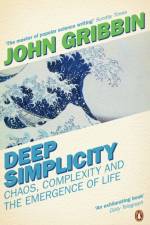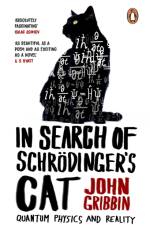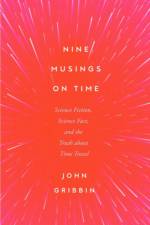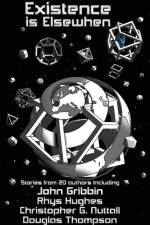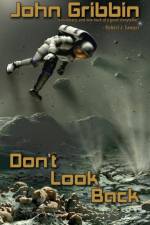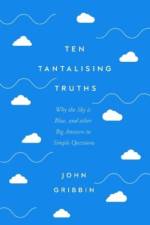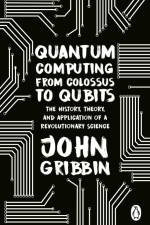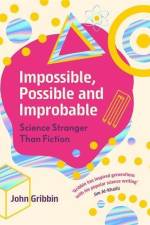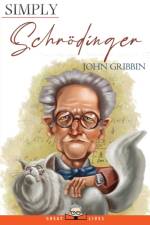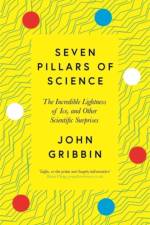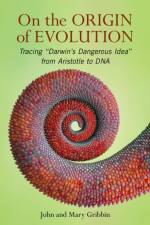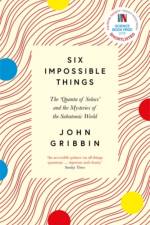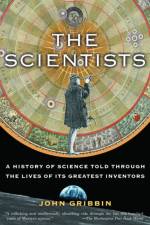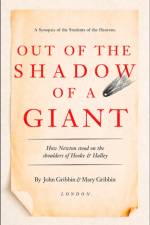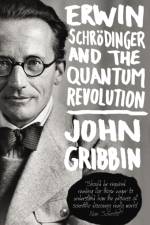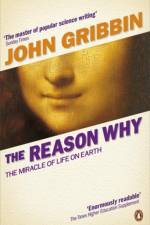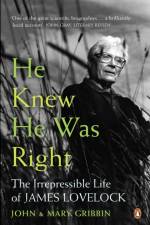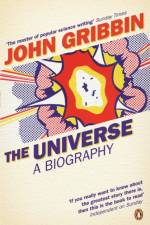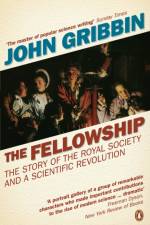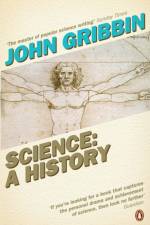av John Gribbin
181
Retrospective SF short story collection from the master science writer"A real scientist writing science-fiction with real science - what more could one ask? John Gribbin is a visionary, and one heck of a good storyteller." Robert J. Sawyer, Hugo Award-winning author of QUANTUM NIGHTJohn Gribbin, widely regarded as one of the best science writers of the 20th century, has also, unsurprisingly, been writing science fiction for many years. While his novels are well-known, his short stories are perhaps less so. He has also written under pseudonyms. Here, for the first time, is the definitive collection of John's short stories. Many were originally published in Analog and other magazines. Some were precursors to John's classic novels Innervisions, Double Planet, The Alice Encounter and Father to the Man. As well as 23 Science Fiction short stories, three of which John wrote with his son Ben, this collection includes two Science Fact essays on subjects beloved of science fiction authors and readers. In one essay, John provides scientifically accurate DIY instructions for creating a time machine; and in the other, he argues that the Moon is, in fact, a Babel Fish! The stories, many written at a time when issues such as climate change were taken less seriously, now seem very relevant again in an age of dubious politicians. What underpins all of them, of course, is a grounding in solid science. But they are also laced with a dry and subtle wit, which will not come as a surprise to anyone who has ever met John at a science fiction convention, or indeed elsewhere. He is, however, not averse to a good pun, as evidenced by a song he co-wrote for the Bonzo Dog Doo Dah Band: The Holey Cheeses of Nazareth.Despite the exhortation of this collection's title, this is a perfect opportunity to look back at John's short stories. If you've never read any of his fiction before, now you have the chance to acquaint yourself with a body of work that, while being very much of its time, is certainly not in any way out of date.Complementing John's stories is a fantastic cover designed by legendary space artist David A. Hardy.Visit bit.ly/DontLookBackJohnGribbin

